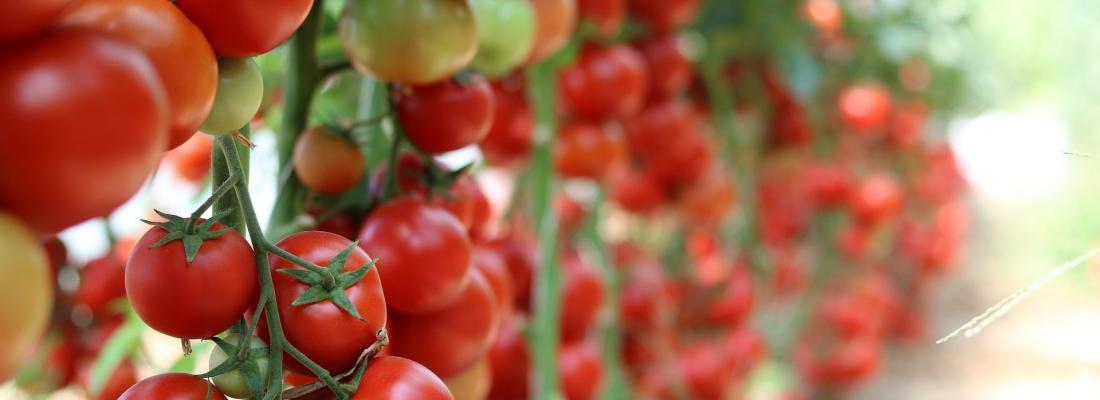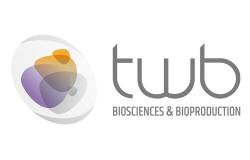Biodiversity Reading time 4 min
TWB focuses on industrial biotechnologies to provide biocontrol and biostimulation solutions, future challenges for agriculture
Published on 03 July 2020

Through the Ecophyto II+ plan, the French government confirmed its desire to reduce the use of crop protection products by half by 2025, whilst maintaining a high level of agricultural production in terms of quantity and quality. Biotechnology, which provides innovative and economically viable alternative biological responses, plays a key role in the search for ways to achieve this ambitious objective. Faced with this ecological challenge, biocontrol and biostimulation products are emerging as effective solutions.
With its expertise in industrial biotechnology, TWB is working to develop new biomolecules and bioprocesses to provide alternatives to chemical inputs. Specialised in the management of scientific projects, TWB relies on its state of the art infrastructure and top-notch experts to offer the industry alternatives to conventional phytosanitary products. This approach allows TWB to link innovations from public laboratories with the industrial needs of the field by intervening at several levels :
- On the identification and characterisation of isolated strains of microorganisms that may have a biocontrol / biostimulant effect
- On the optimisation of these strains by natural evolution or engineering to improve their performance (adaptation to be expected according to the conditions of use and the climate) and reach the required market specifications in terms of productivity and cost price
- On the development and optimisation of processes in order to make them robust and reproducible and to scale up to produce batches for testing under controlled conditions
- On the analysis of the dispersion of microorganisms in soils during field tests to analyse their viability and behavior.
This is evidenced by the presence of the De Sangosse group, being the French leader in biosolutions, through its Agronutrition subsidiary within the TWB consortium, or innovative start ups such as Micropep (hosted at TWB) which develops peptides capable of modulating the growth phases of plants.
In addition, TWB has also helped the company Amoeba to develop a biological biocide capable of eliminating bacterial risks present in water, (Pseudomonas, Listeria by the substitution of traditional chemical treatments used notably in the industrial environment. The company is
currently in the pre commercialisation testing phase of its applications.
Finally, TWB works with the two competitiveness clusters Agri Sud Ouest Innovation and IAR, who work directly with stakeholders in the field of the deployment of biocontrol and biostimulation. Not forgetting to mention the expertise and network o f the INRAE research teams a supervisory body of TWB in the fields of agriculture and environment from which TWB benefits.
Today, TWB wishes to strengthen its position in the field of biocontrol and biostimulation and to this end will develop its internal expertise as well as its interactions with innovative public sector laboratories. The ambition is to meet complex challenges in the field and to promote industrial biotechnologies as sources of eco-responsible solutions.
*French National Research Institute for Agriculture, Food and Environment
More information : Press release

Expert in steering scientific projects, TWB contributes to the development of new sustainable production pathways by providing innovative and economically sound alternative biological solutions. In order to accelerate the transition towards an eco-responsible industry, TWB has drawn on collective intelligence to drive pioneering links between researchers, industrial groups and investors. By fostering worthwhile, practical and innovative research, TWB meets a two-fold challenge: to effectively address the issue of climate change whilst creating economic value.Since the creation of TWB (2012), under the triple supervision of INRAE, INSA and CNRS, and, as of the 1st January 2020 strengthened by 52 partners; (industrial groups, start-ups, investors, research bodies, local and regional authorities, etc.); TWB has contributed to the launch of 184 collaborative research and development projects and to the growth of numerous start-ups which in total have raised more than 100M€.
